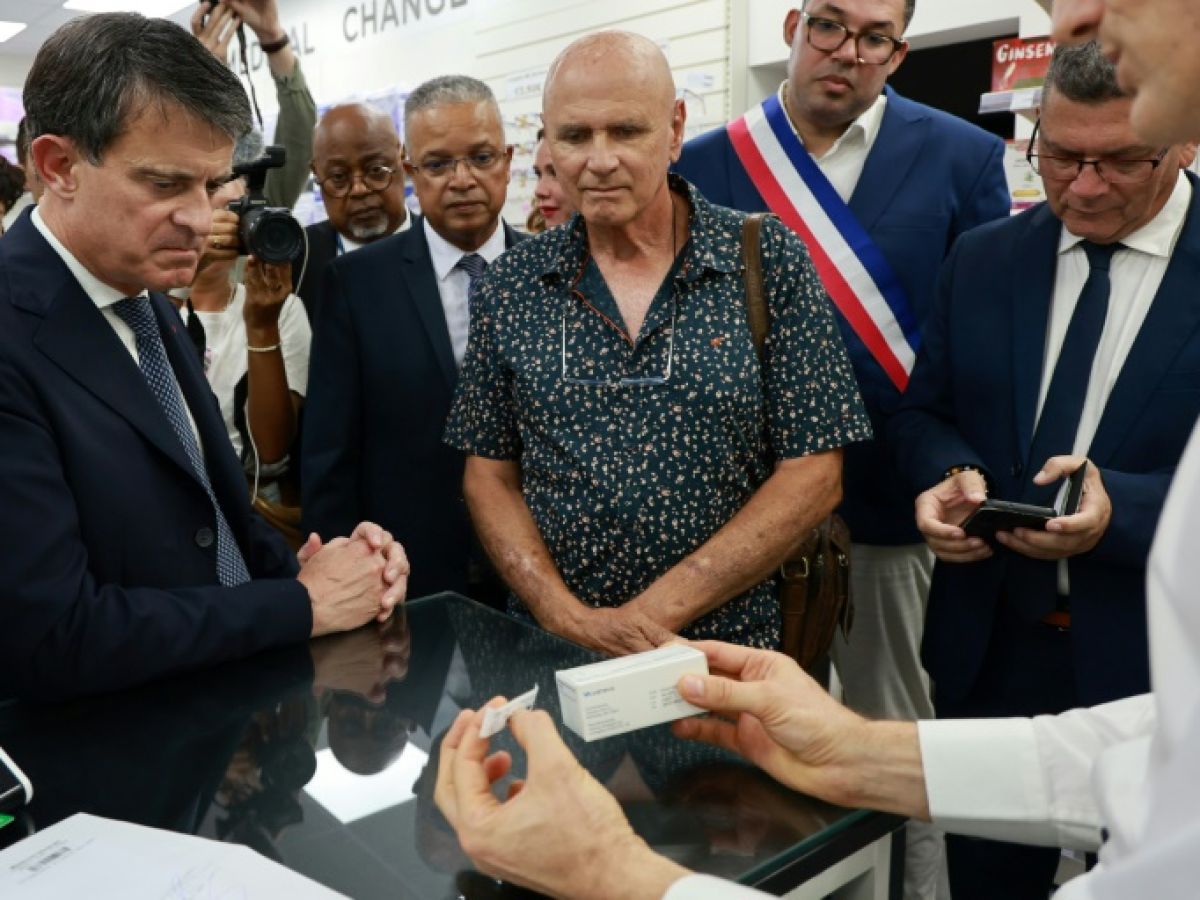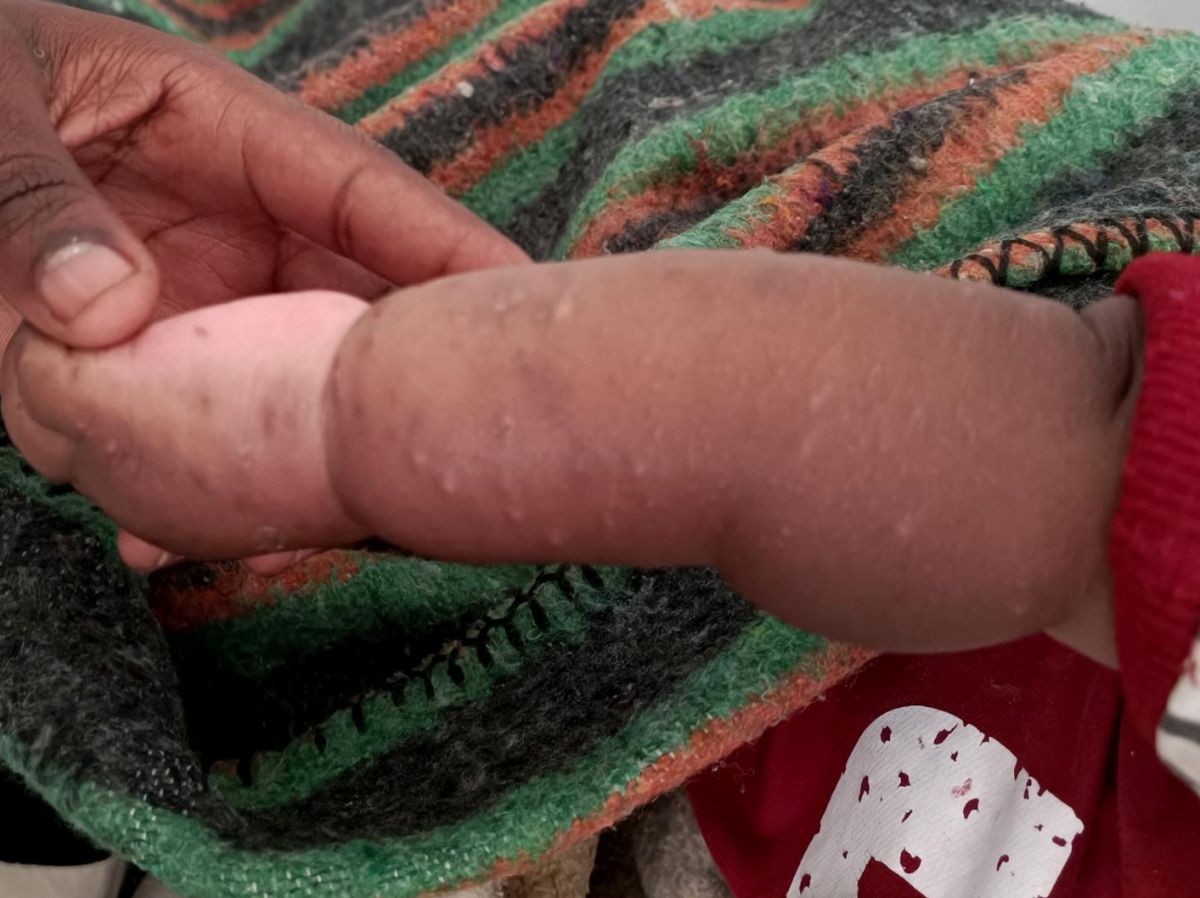Overseas Minister Manuel Valls, on a visit to Réunion, launched the chikungunya vaccination campaign on Monday at a pharmacy in L'Etang-Salé, in the south of the island, the area hardest hit by the epidemic.
Authorized since June 2024 at the European level, the Ixchiq vaccine is the first available against this viral disease transmitted by tiger mosquitoes. Forty thousand doses arrived on the island last week, with priority given to people aged 65 and over with comorbidities.
"Another 50,000 doses will arrive by the end of April," the minister told reporters on the sidelines of the first vaccination, adding that "the real issue is the manufacturer's ability to manufacture" the vaccines quickly.
The vaccination campaign will be extended to those over 18 with comorbidities as soon as the new doses are received, Gérard Cotellon, director of the Regional Health Agency (ARS) of Réunion, told the press. He estimated the expenditure incurred in the first quarter for vector control at 15 million euros.
Since January, more than 20,000 cases of chikungunya have been recorded in Réunion, but "knowing that not everyone has declared that they were affected, we can consider that between 50,000, 60,000 and 70,000 people have been affected," according to Manuel Valls.
Following the launch of the vaccination campaign, the minister visited the West Réunion Hospital Center (CHOR) in Saint-Paul (west), where he visited several departments treating chikungunya patients.
Two deaths, aged 86 and 96, have been confirmed, and several others are under investigation, according to authorities. According to the ARS, nearly 6,000 new cases were recorded between March 17 and 23, the latest published figure.
On Friday, the University Hospital of Réunion Island activated a "white plan" to cope with the high pressure on emergency rooms. Mauritius, a neighboring island, announced Friday that it would require travelers arriving from the island to undergo a negative PCR test for chikungunya from April 9 to May 8.

